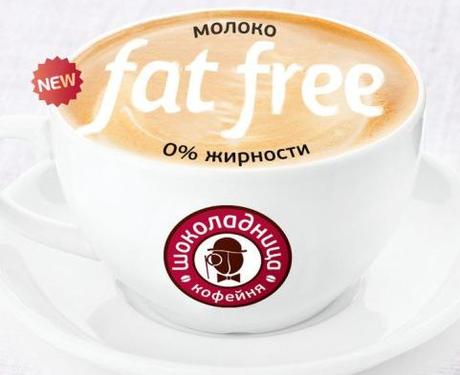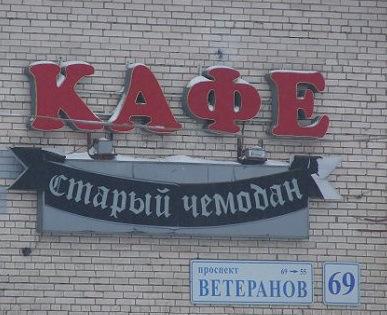The Russian Duma’s Committee on Culture is recommending that Parliament pass a bill that would ban foreign words from being used in public speech or advertising.
Lawmakers representing the LDPR (Liberal Democratic Party) want to protect the purity of the Russian language, making it a crime to utter foreign words in public or for companies to use them in advertising.

According to the Moscow Times the law, if passed, would make the use of ‘linguistic imports’ punishable by a fine of up to 2,500 rubles ($73) for ordinary citizens, and up to 50,000 rubles ($1,460) for companies or organizations. What is unclear at the moment is whether the intent is to ban words and phrases such as “fat free” and “ipad” or “iphone” and branding for Western companies such as Coco Cola, McDonalds, etc.
Some linguists estimate that as much as twenty-five percent of the Russian vocabulary consists of cognates, borrowed words, and thus we doubt that the purpose of such a law truly targets foreign words as much as it seeks to ban foreign ideas. According to documents posted on the Duma’s public website, efforts to eliminate banned words would include the confiscation of books and other publications containing foreign terms.

Many of Russian language borrowed words are French such as “toilet”. Even “Cafe” as seen here in Russian Cyrillic spelling is a borrowed word.
The list of foreign or borrowed words in Russian is extensive, easily in the hundreds. Terms such as журналист (journalist), видео (video), меню (menu), секс (sex), экзамен (exam), директор (director), aлфавит (alphabet) and hundreds of others would have to disappear if the law were truly about protecting the Russian language.
If true that the real intent is to ban Western influences, then the question also looms over what would happen to hundreds of thousands of street and Metro signs that have English tranliterations in Russia’s drive to attract more tourism. Will lawmakers ban those too?

One of the most beloved features of large Russian cities and especially in places like Moscow is the famous transportation system knows as the Метро (Metro). That too is a foreign term. Would such a law cause the Metro to be renamed? No, we already know the answer to that question.
We suspect that the bill has less to do with language purity but instead is yet another thinly veiled piece of anti-Western legislation driven by the current insane frenzy of nationalistic zealotry. In fact some critics of the legislation inside Russia admit that the motivation is an attempt to isolate the Russian people from Western ideas and also to punish Western companies who do business in Russia in response to Western sanctions over the annexation of Crimea.
Just last year the same Duma committee had refused to advance similar legislation saying then that there was no need to protect the Russian language from foreign words and phrases.


